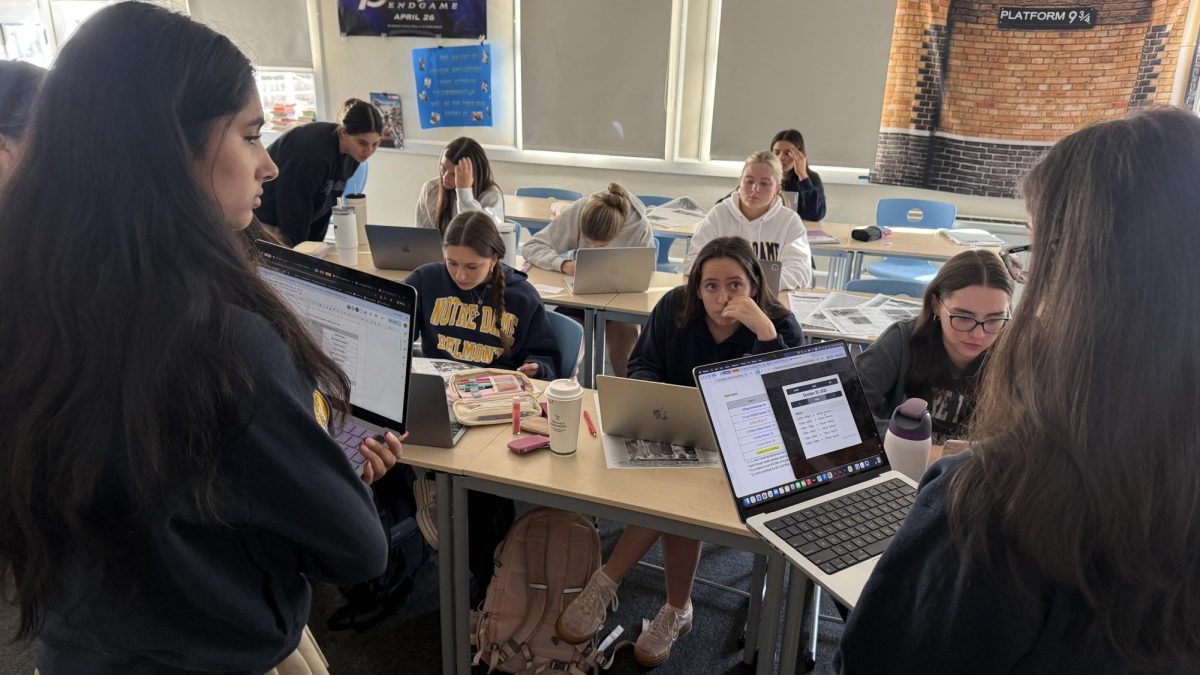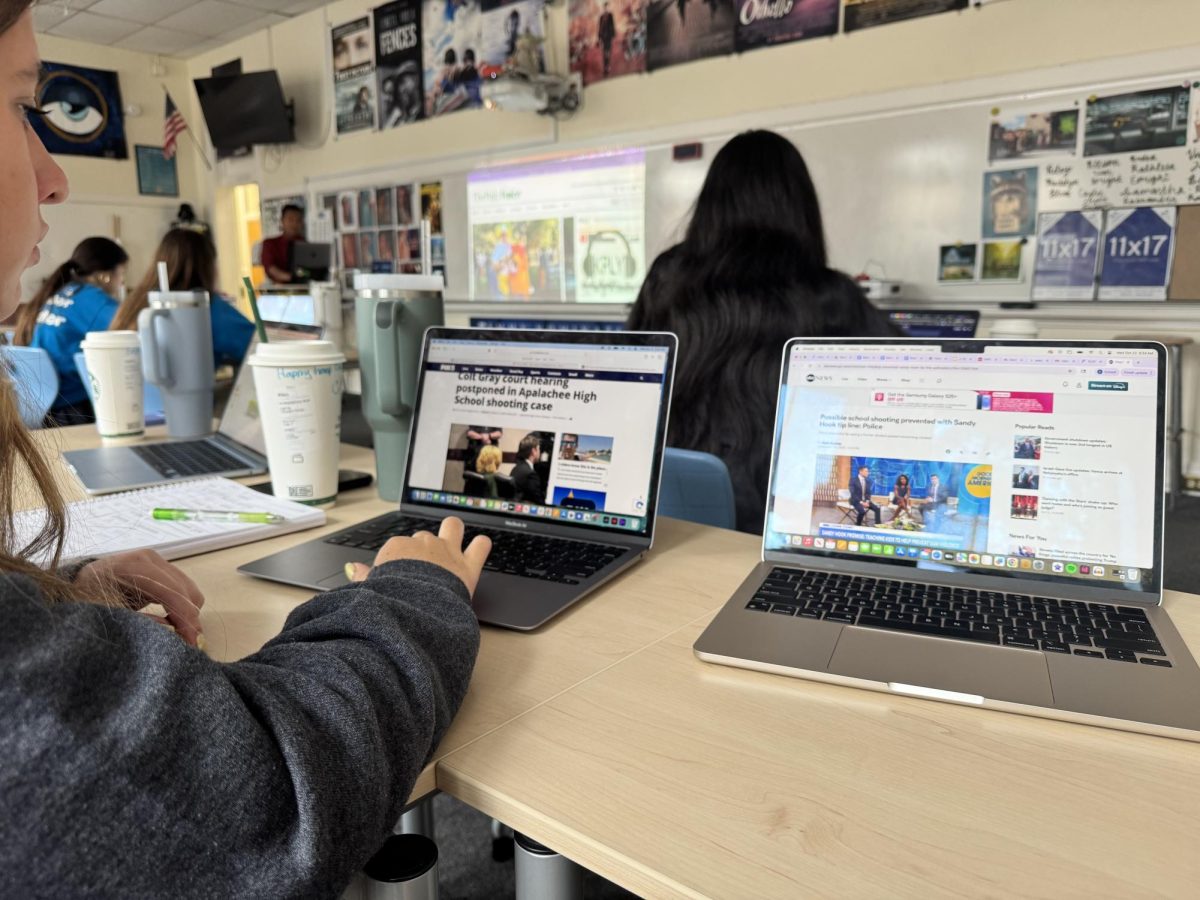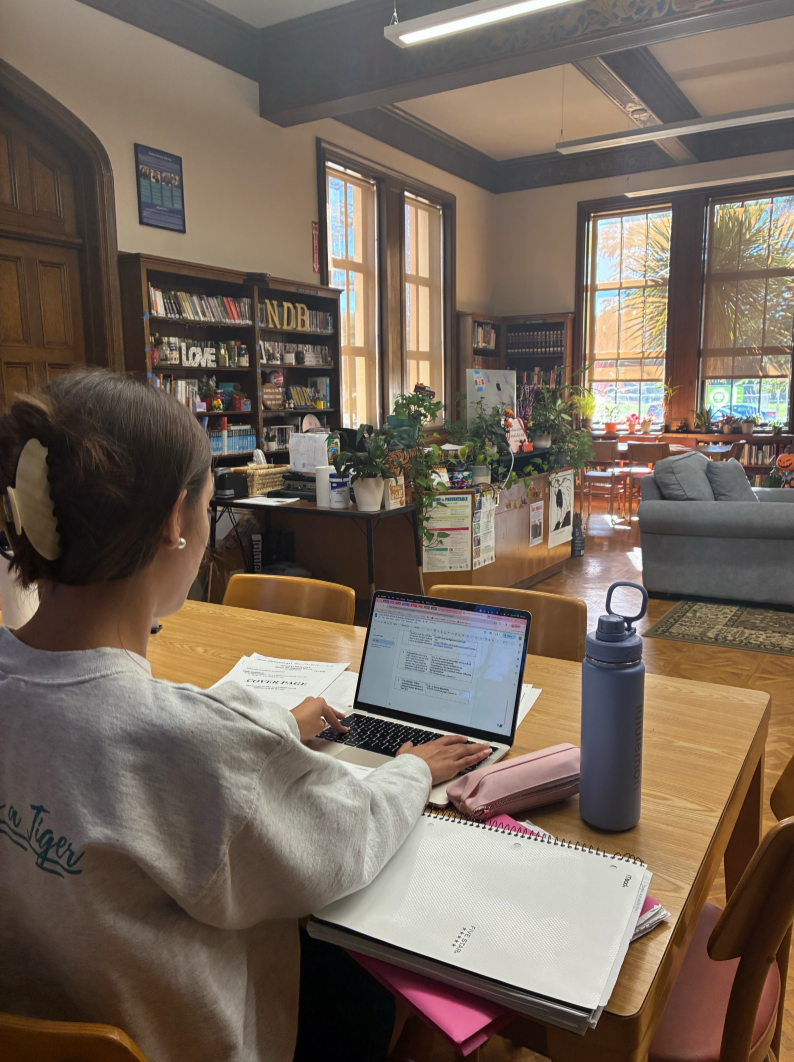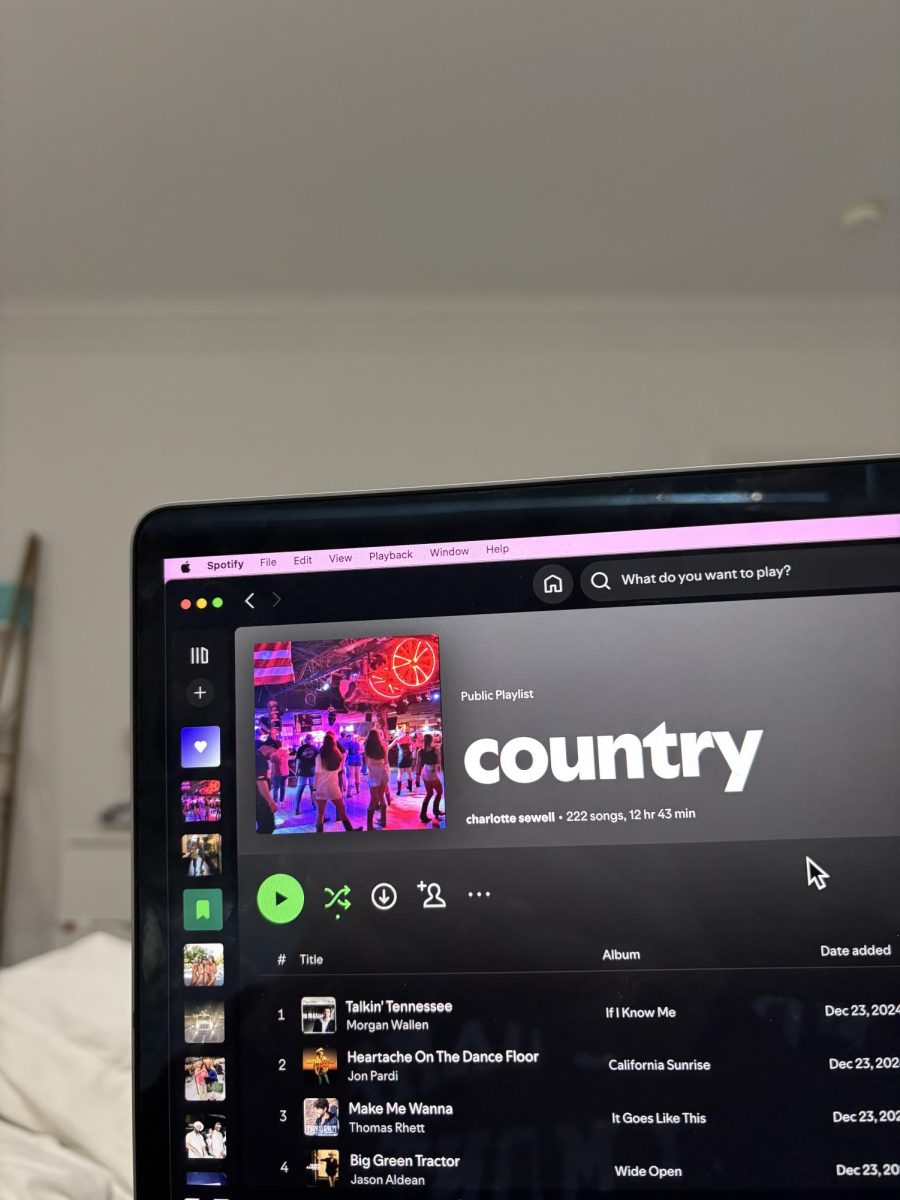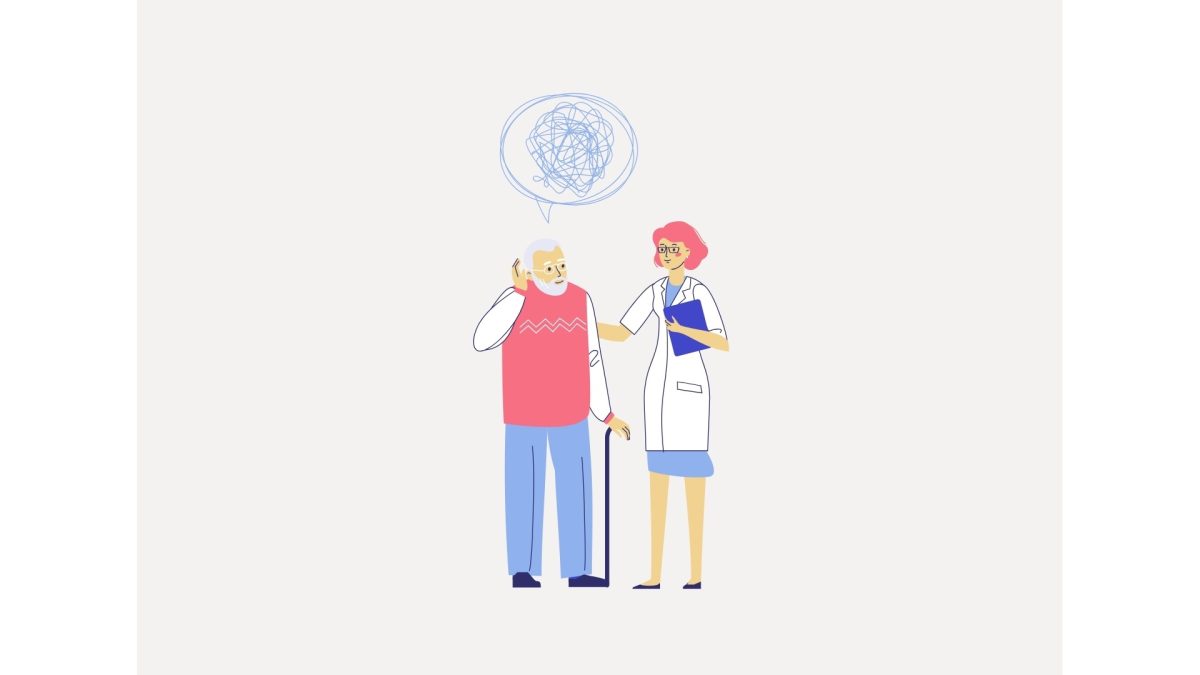Editor’s note: The opinion below reflects the majority opinion of The Catalyst editorial staff.
When students pick up the latest issue of The Catalyst in their homerooms and flip through its pages, they see the final draft of many hours of commitment and dedication from the hard-working student journalists of NDB – The second to the last step in a process that may be unfamiliar to the student body.
The Catalyst’s monthly production cycle includes a dozen deadlines for every story, from taking notes and conducting interviews; to writing, editing and revising the article itself, then having it fact checked and proofread; to designing its place in the layout. Every story is overseen by the paper’s editorial staff of ten editors and an adviser who regularly check in with their writers.
The process always starts with the submission of story ideas. As student journalists work on them through the month-long process, they have one question that guides them: Is this story accurate, relevant and responsible?
Any story that challenges that question is discussed by its writers and editors. Feedback is provided. The story continues through the process with the expectation that it will answer all three parts of that question affirmatively.
It is very rare that a story is “spiked” – journalism talk for rejected or withheld from publication – mostly for one reason: The freedom of speech.
Despite the fact that our country and state’s free speech protections do not extend to private Catholic high schools, NDB student journalists practice it in every way that they can, because that is what professional journalists do. The attempt to exercise free speech in The Catalyst supports civil discourse among students and comes with being part of a community of learners that can share different ideas, opinions and points of view, without judgment.
After all, the First Amendment was not written to protect popular opinions; it was written to protect all of them. If one can not share their beliefs, nobody has free speech.
For this reason, when one encounters an unpopular opinion or even a popular one, they must take into account that, at its core, it is an opinion. So, naturally, there may be some things that one may agree with or disagree with. However, it is one’s duty to respond to them responsibly.
Since The Catalyst is the primary platform for student voice at NDB, it prints a variety of topics featuring a variety of student perspectives, striving to ensure everyone’s voice is heard on campus.
And, when students want to respond to something, space is available to those who want to write a letter to the editor or an op-ed in-print or online or leave a comment on the news site. Students do not even need to be in the journalism class – There is a club that meets almost every Monday during lunch for those who want to write.
The Catalyst also represents the work of a few dozen student journalists – Your fellow classmates. It represents the work that they do on top of their classes, clubs, sports and more. It represents their passions as they stay up late and work through the night, helping their classmates connect and relate.
At its core, The Catalyst exists not to tell students what to think, but to allow students to hear and listen to different opinions.
On behalf of The Catalyst editorial staff and its staff of reporters, writers, photographers and more in the Journalism class and club, we ask that, every time you read a story, you remember the intent behind it: To inform, to question, and to represent the diverse voices of our school community.

